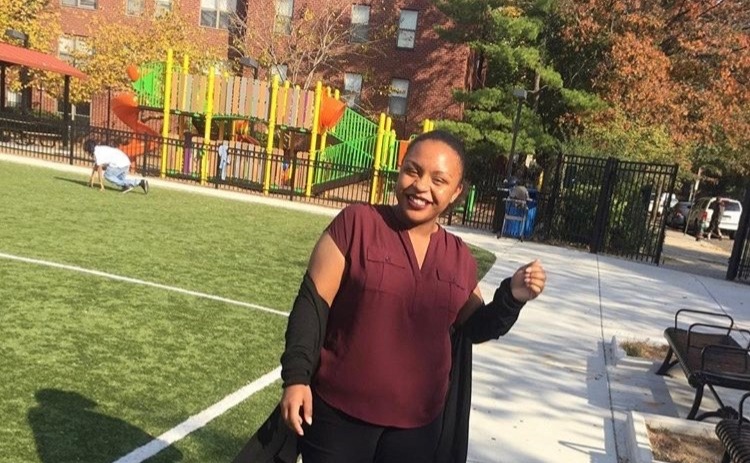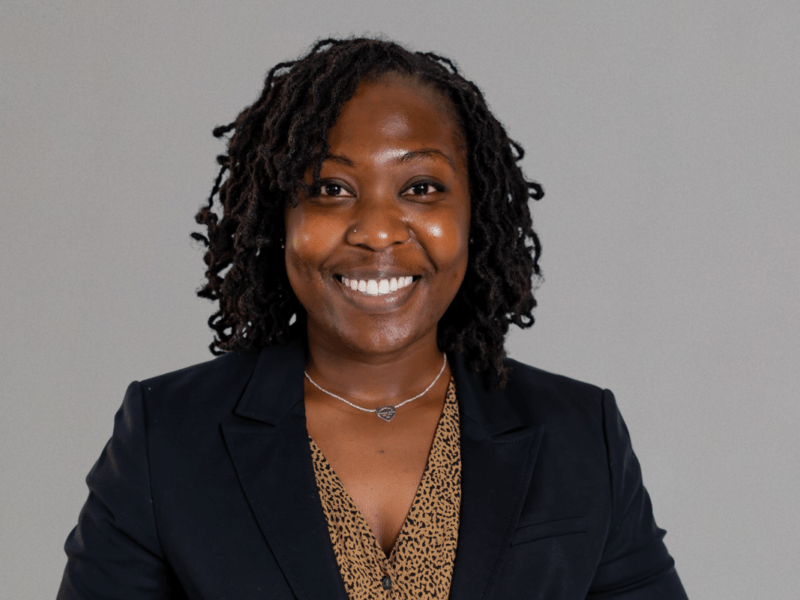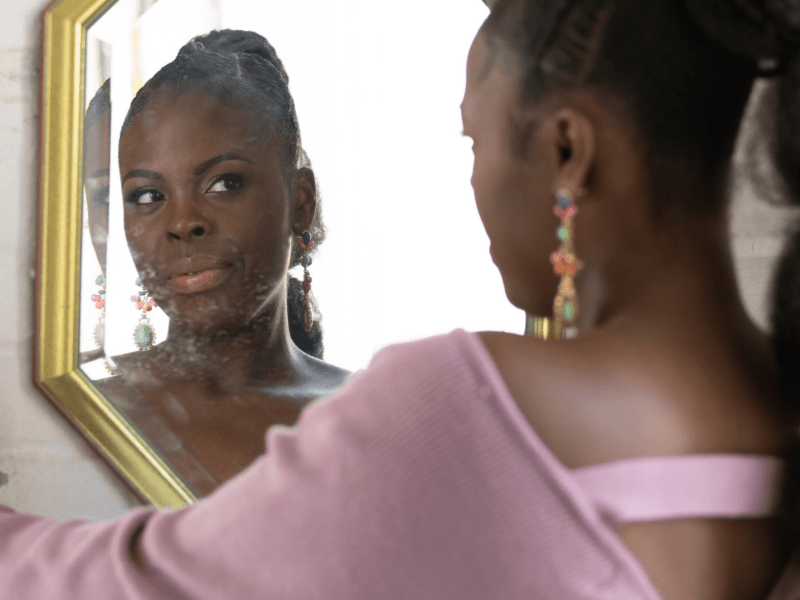When it comes to sports, Christine says, “Just do it.”
Sports benefit girls in so many ways, from improved physical and mental health to positive relationships to success in school and in life. Take for example Christine, a sophomore from Girls Inc. of Metro D.C. Christine is a doula and peer facilitator, is passionate about women and girls’ health, speaks three languages, and is an avid volleyball player and basketball player. She credits Girls Inc. with helping her increase her confidence to set and achieve goals, inside and outside the classroom and on the court.
Christine started playing volleyball on the practice team. Determined to play on the “team that plays,” she worked hard to get better. And it paid off. After her first year, she became Team Captain and last fall led her team to win the city championship. This year, she was disappointed however to learn she wouldn’t return to the basketball court due to the program being cut as a result of lack of participation. “Basketball isn’t seen as a “cute” sport to play. Girls feel like they are too prissy or better than that. I think if you want to play a sport, you should play it.”
Being an athlete has helped Christine stay busy and active. “If I didn’t have sports I’d stay home, watch TV, and be bored. For a lot of other teens, if they don’t have something to do after school like sports, they get into trouble,” she said. Not only has sports allowed Christine to be productive and have an impact, sports have also helped her improve her time management and study skills and become a stronger student.
“Staying up until 4 am because I didn’t get my work done wasn’t good,” she said. “Last year, since I had sports I wouldn’t have time to go home. So I had to make sure I did all my work in class, pay attention, and make sure I wasn’t fooling around. And if I had extra work after school, instead of hanging out, I’d go to Homework Help to make sure I got it done.”
While the benefits of sports participation are evident, girls face multiple barriers to participating including stereotypes, access and affordability, and alarmingly, discrimination and sexual assault. Recent headlines remind us the need for policies and practices that keep girls safe and a culture that fosters their well-being. “It breaks my heart the thought of it. Being on the court is one of my safe places and for someone to not feel safe because of a coach or another person is not right.”
When asked to give advice to young girls interested in sports, Christine doesn’t hesitate. “Just do it. The worst that happens is you’re bad at it and you find something else to do. But if you put enough hard work and effort into it, I don’t think you’ll be bad. You will improve and realize it’s great.”

Just do it. The worst that happens is you’re bad at it and you find something else to do. But if you put enough hard work and effort into it, I don’t think you’ll be bad. You will improve and realize it’s great.


